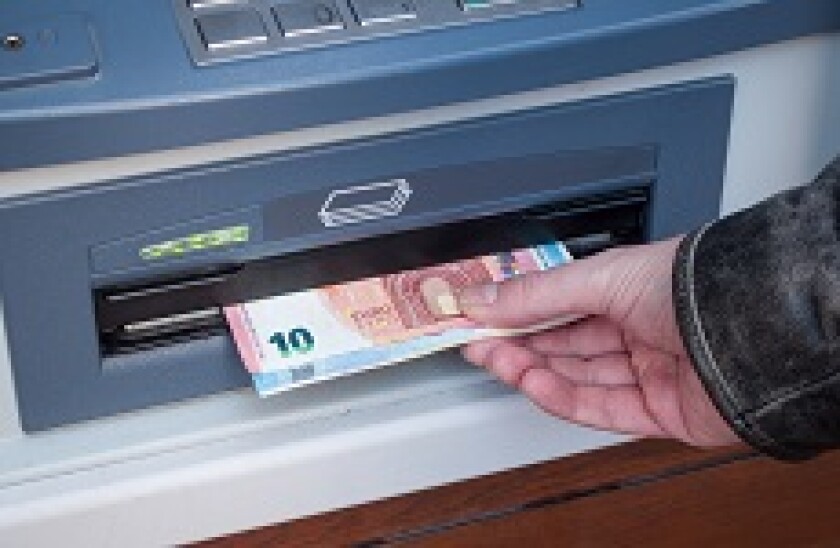Barclays, Credit Suisse, Canadian Imperial Bank of Commerce (CIBC), HSBC, MUFG and State Street have joined a consortium dedicated to producing a ‘utility settlement coin’ – a digital currency to handle cash transactions on a distributed ledger.
They join UBS, which founded the project along with Clearmatics in early 2016, Santander, Deutsche Bank, BNY Mellon and market infrastructure fintech firm NEX.
In contrast to cryptocurrencies like bitcoin , the settlement coin will not be available to retail investors but will be a product exclusively for financial institutions.
Rather than having a fluctuating exchange rate with conventional fiat currencies, settlement coins will be fully collateralised by real fiat currencies held in a central bank. Each settlement coin will represent a dollar, euro, pound or other currency held in a real account. When a settlement coin is spent, it represents a transfer of ownership of a fiat currency.
“This means there’s no effect on the money supply,” said Mike McFadgen , a managing director at NEX. “The cash leg of any financial transaction is a potential use case for settlement coin. It should reduce the transaction time and complexity involved settling the cash leg of trades.”
While settlement coin could bring efficiency benefits, members of the consortium are keen to emphasise that it is intended to be “a foundation stone” for more advanced technology. Paul Maley, a managing director at Deutsche Bank, said: “Once we have the base layer – moving cash instantly – that enables the next stages of development.”
The new members of the consortium were selected to maximise the group’s global reach, allowing them to engage with regulators around the world. “The goal is to get global reach, allowing us to connect with regulators around the world,” said Maley. “That will inform our decision of where we eventually go live.”
The project is moving into its third phase. McFadgen said: “Phase three is about to begin and will involve a lot of work with regulators, sorting through the public policy and regulatory issues of implementing such a project.”
While the settlement coin system is taking shape, technical challenges remain and a great deal of work will need to be done to get the infrastructure into a resilient enough state to handle the volumes involved.
Josh Klayman, chair of Morrison & Foerster’s blockchain and smart contracts group, said that with settlement coin, blockchain technology is coming almost full circle.
“The bitcoin blockchain arguably was created to cut out central banks,” said Klayman. “Now we are discussing ways in which private sector banks may be able to harness blockchain technology to improve efficiency and reduce credit risk by permitting direct payment for assets by way of a digital coin that is backed by fiat currency at central banks. It illustrates the growing importance of blockchain and digital currency in the global market.”

